Chances are, you have incorporated some part of artificial intelligence (AI) into your business.
Chatbots, personalized product recommendations, automated ads, ChatGPT… It’s all a part of a new, thriving ecosystem that has taken marketing by storm.
And since AI in marketing is becoming a necessity, let’s talk about what you can do to grow your e-commerce store using some of the popular and free AI marketing tools.
- How Important Is AI Marketing Becoming In E-Commerce?
- How Marketing Platforms Are Using AI to Boost E-Commerce?
- How You Can Use AI In Your E-Commerce Strategy?
- Use AI For Research
- Generate Ad Copy and Landing Pages
- Use AI For Content Marketing and Blog Posts
- Create an AI Art For Your Ad Creatives and Blog Posts
- Create AI Product Mockups and Landing Page Mockups
- Create AI Models For Your Apparel Or Product Selfies
- Create Audio For Your Video Ads
- Create a Super Smart AI Chatbot
- Create Augmented Reality Experiences
- Is AI Marketing the Future of E-Commerce?
How Important Is AI Marketing Becoming In E-Commerce?
AI marketing is becoming an inseparable part of e-commerce and the stats prove it.
- The e-commerce AI market is expected to reach $45B by 2032. (Emizentech)
- 42% of retailers explored AI tools for their businesses in 2022. (IMH)
- 40% of e-commerce shoppers expect to receive special offers or discounts via integrated AI chatbots. (Precedence research)
- 79% of online store owners have said that integrating AI into their marketing helped boost revenue. (McKinsey)
- The use of AI marketing can boost your customer retention by 51%. (Forbes)
To put it this way, AI marketing is as important for e-commerce as the development of machinery in agriculture.
Not integrating AI into your e-commerce business in 2023 is like choosing to stick with plow horses when your competitors are already sitting in tractors. In the long run, it’s unsustainable.
How Marketing Platforms Are Using AI to Boost E-Commerce?
To understand how game-changing AI marketing is becoming, all it takes is a glance towards the big players’ playing field.
Take Amazon for example, who is using AI-powered recommendation engine to target high-intent customers with personalized suggestions and drive sales.
Or how the likes of TikTok, Facebook, Google, and others use AI and machine learning to optimize ads performance, enhance targeting, and provide pinpoint content recommendations.
recently, Shopify launched AI product descriptions, allowing you to just type out a few keywords about your product and let the machine do the rest – thus saving you a lot of time.
And these are just a few top-of-mind examples displaying how the lines between AI marketing and e-commerce are getting more and more blurry.
And now that we’ve got that sorted, let’s focus on how your e-commerce store can do amazing stuff with AI.
How You Can Use AI In Your E-Commerce Strategy?
From automating your sales process and customer support, to creating full-fledged ads in less than 10 minutes, AI marketing can have a bunch of use cases already.
And it’s just going to get better… Let’s see some right away.
Use AI For Research
This will make you go wowza.
Hours and weeks of marketing research can now be crammed into a couple of minutes thanks to OpenAI’s ChatGPT sourcing an incredible amount of online data. And you can take advantage.
Let’s say you’re selling artistic purses. You can ask your friend ChatGPT to help, like this:
Pretty good response for a simple prompt. But you can also go into more detail with questions such as:
- Why would [target customers] opt against buying the product?
- What other audience groups would be interested in the product?
- What are the key selling points of the product?
And so on, and so on… By combining quick, data-sourced responses from the language model and your marketing intelligence and common sense, you can get a complete picture.
Also, there’s a number of tools that help you do not only this, but provide you with an entire funnel concept. But let’s continue…
Generate Ad Copy and Landing Pages
AI writing is probably the most widespread use case in marketing, even before the emergence of ChatGPT.
Different ad platforms have different formats. And numerous tools are being built for the sole purpose of helping you write an ad for any platform – from short Google ad to a long LinkedIn promo.
But if you don’t want to pay for tools, that’s no problem. If mastered correctly, ChatGPT is a brilliant program that—with a bit of human input—can do the work for you.
💡 Tip: This is a great LinkedIn post explaining how you can fine-tune ChatGPT to make awesome AI copy and blogs.
Here are few use cases:
- Need a blog post headline? Prompt it to write headlines about [topic] with [style]. For example: Write 5 article headlines about high end fashion using catchy, concise tone.
- Need product descriptions? It’s the same. Add details, pick a style, and let it do its thing. You can even find similar descriptions online and make ChatGPT rewrite it.
- Need ad copy? Write a [platform] copy for the following [product]. Separate headline and description.
- Need a landing page outline? We go again. Input as much detail, including your desired sales funnel, landing page sections, and product descriptions, and let ChatGPT come up with a mockup.
Use AI For Content Marketing and Blog Posts
Similar to copywriting, you can use ChatGPT or AI writing tools to make your entire content strategy and write awesome blog posts.
For starters, you can find out what are the most popular topics around your niche.
Let’s say you’re selling campign tents. You can ask “What are the most popular topics around camping tents?” Here’s the response:
As you see, ChatGPT already did its own topic segmentation and clustering. By going deeper, asking more detailed questions (Make 10 headlines about point 7, eg) you can create an entire topical map for your e-commerce website, for example.
But that’s just the start. Then, you can then use ChatGPT to outline the entire article, and with some fine tuning and prompting, it can help you craft the entire piece. Brilliant.
Create an AI Art For Your Ad Creatives and Blog Posts
Don’t be surprised if the latest blog post or a newsletter issue you’ve read contained an AI-generated image. With the evolution of AI image generators, it’s becoming common practice.
AI image tools like Midjourney, DALL-E, and Stable Diffussion can create some mind-blowing images that can easily replace stock photos, product photos.
If you don’t need a product photo, but you want to promote a blog or a more abstract topic – even better. The limits are your prompt engineering knowledge and your imagination.
Here’s another:
And this is just a speck of dust compared to what else is there. Would be a shame not to test it…
Create AI Product Mockups and Landing Page Mockups
With AI tools, you can create product mockups that look like they were photographed in real life and give you an idea of how your actual products could be designed.
You wouldn’t believe how little it takes to get your creative juices flowing. Check this out:
These mockups can be used to showcase your products on your website or social media channels – giving customers a better idea of what your product looks like before they buy.
Or, you can simply use them as a starting point when designing your product, its packaging, or similar. The possibilities are enless.
Similarly, landing page mockups created using AI tools can help you visualize your website before it goes live.
This can be especially useful if you’re redesigning your website or creating a new one from scratch. You can experiment with different layouts, colors, and fonts to see what works best for your brand and your audience.
Create AI Models For Your Apparel Or Product Selfies
Can’t pay models or influencers? Absolutely no problem.
You can generate hyperealistic models that are alleged with your target audience and with a bit of photo editing skills just make them wear or carry your products.
Sounds crazy, but it’s already happening.
The same goes for your “product selfies” and professional product photos.
As an example, let’s imagine that you’re selling luxurious, pesrcsription glasses. And you’re thinking… what would be a nice set up to create a product photo?
For some reason, the fruit bowl comes to your mind. Okay, maybe that’s not bad. Now instead of creating the entire set up, lightning, finding a good bowl and fresh looking fruit – you just type the prompt in Midjourney. And voila – here’s what we got:
Not bad for a simple, first-time prompt. We could’ve upscaled any of these for even more detail, or pick a version we like the most to make variations or add different details. That simple!
TIP: This Twitter thread provides a nice idea on how you can use ChatGPT and tools like MidJourney or Stable Diffusion to create infinite product photo ideas.
Create Audio For Your Video Ads
Ready to make some noise? With the power of machine learning algorithms, you can now create high-quality, polished audio – be it voiceovers, sounds, or even entire songs.
Yep, if you can’t afford a voice actor – you can turn to text-to-speech generators for a pretty believable voiceover for your next video ad.
These AI tools can also analyze and enhance audio recordings to remove unwanted background noise, adjust audio levels, and even add effects like reverb and compression!
Overall, it’s a sound investment—quite literally—and can allow you to make super cool video ads with no issues.
Create a Super Smart AI Chatbot
With AI tools, you can create chatbots that can do a bunch of customer service tasks like:
- Answer customer queries
- Provide product recommendations
- Perform simple tasks like placing an order or scheduling an appointment.
These chatbots can be integrated into your website or social media channels, providing customers with 24/7 support and assistance.
In addition, AI chatbots can learn and improve over time, becoming smarter and more intuitive as they interact with more users.
This can help to improve the overall customer experience and increase customer satisfaction and loyalty.
🤖 GOOD TO KNOW: ChatGPT recently released its API, allowing you to integrate its chatbot into your website. Source it with content from your website, all how-tos, and guides, and you can create an awesome, human-like virtual assistant or customer service consultant. Sweet!
Create Augmented Reality Experiences
You won’t find a social app that doesn’t have some sort of augmented reality (AR) experience.
Furthermore, most brands are using it when promoting their products, especially on the likes of Snapchat, Instagram, or TikTok.
Here’s how it works.AI tools use machine learning algorithms to analyze data and generate realistic 3D models that can be used in AR experiences.
With these tools, you can create AR experiences that allow users to interact with virtual objects in the real world, bringing products and brands to life in a unique and engaging way.
AR experiences created using AI tools can be used for a variety of purposes, from product demonstrations and virtual try-ons to immersive brand experiences and interactive games.
These experiences can be accessed through mobile apps or web browsers, making them easily accessible to a wide audience.
Is AI Marketing the Future of E-Commerce?
Yes, AI marketing is the future. Think about it this way – this article describes just a tiny speck compared to what actually is out there when it comes to AI. And it’s only going to get bigger.
Even now you can streamline your e-commerce strategy with AI.
Hypothetically, in an hour you can come up with an idea, outline a strategy, write a blog, create ad assets – videos, images, copy, make automated campaigns, and let ‘em rip.
If that isn’t a sign, what is?

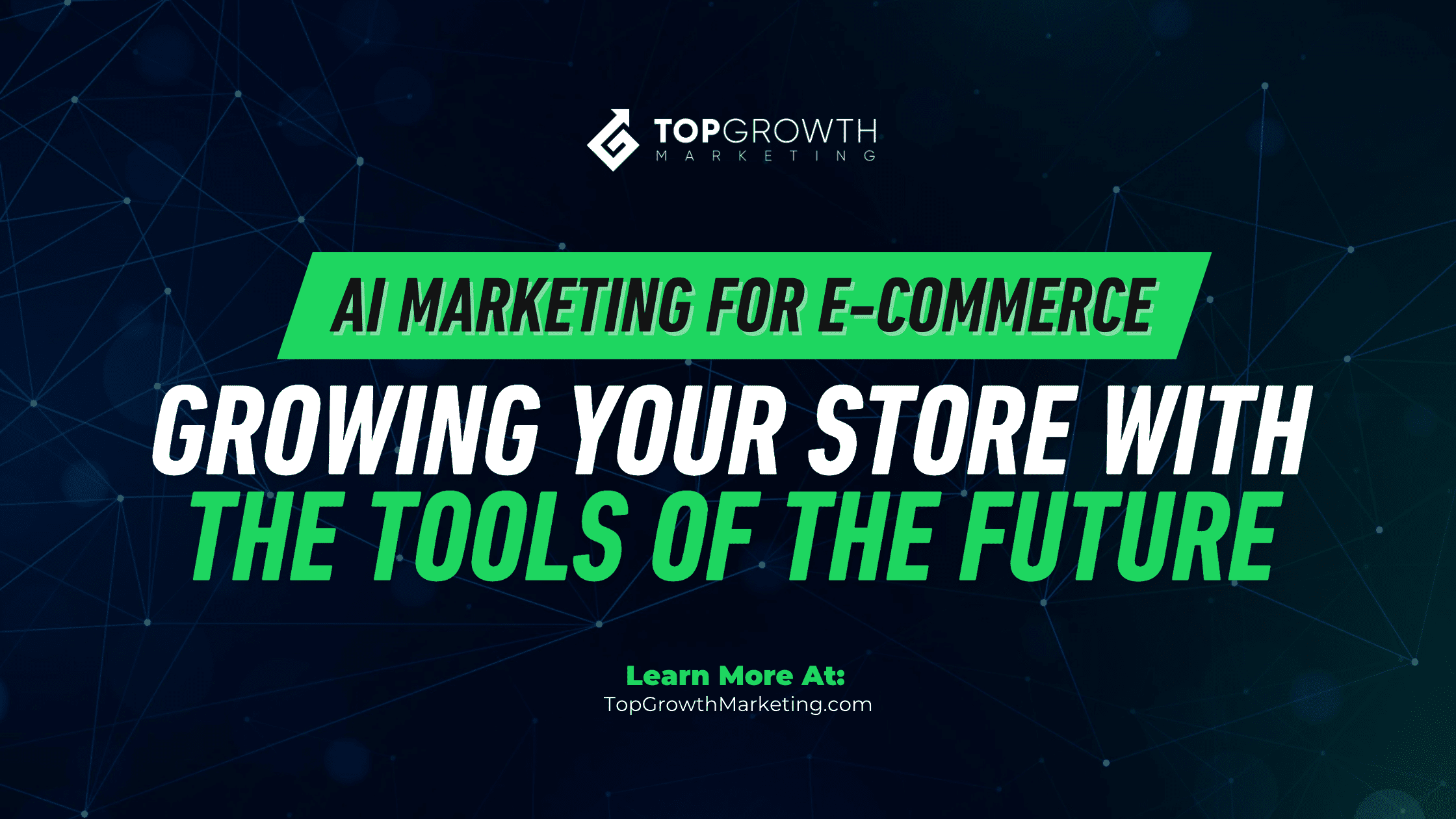
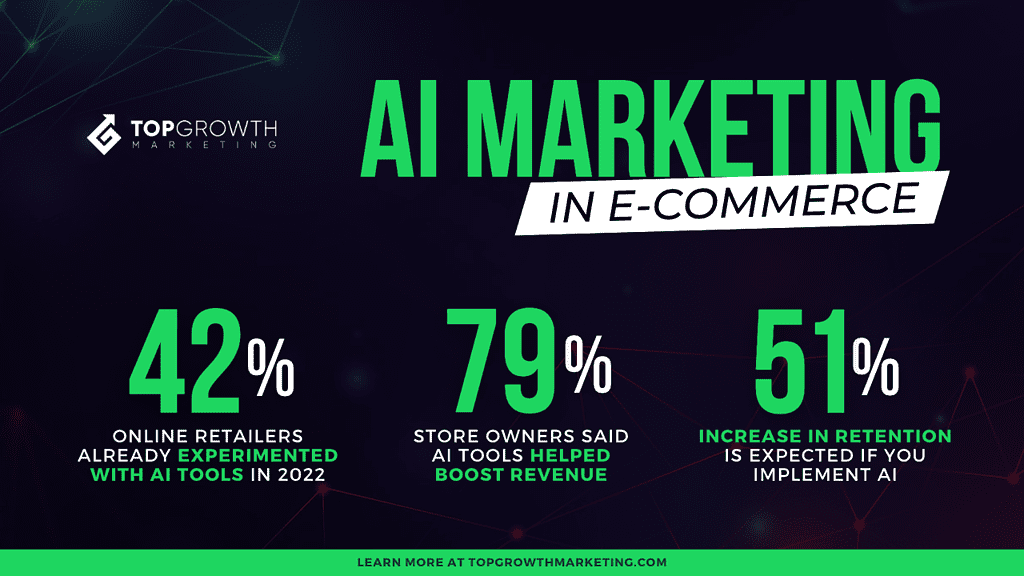

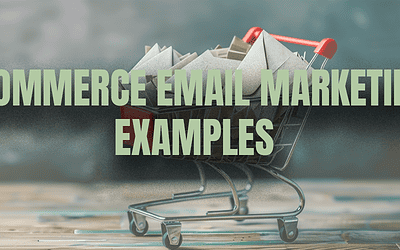
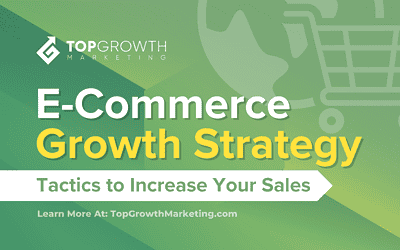
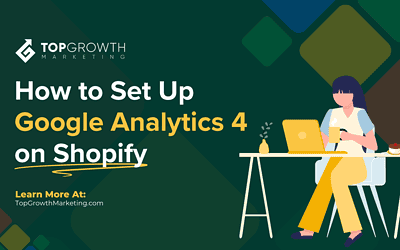
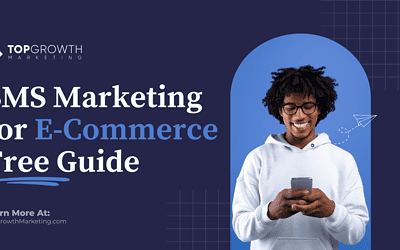
0 Comments